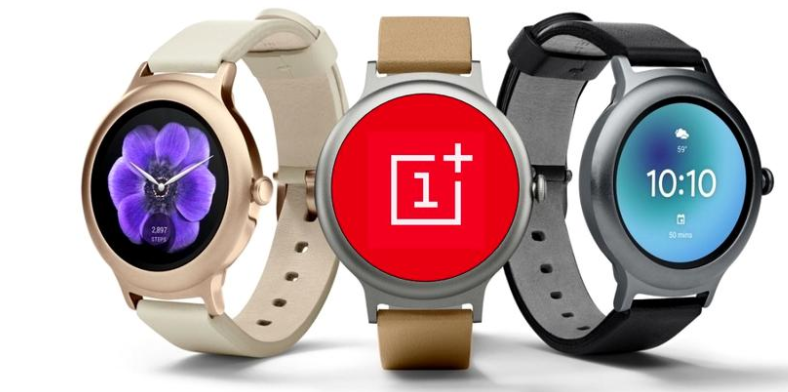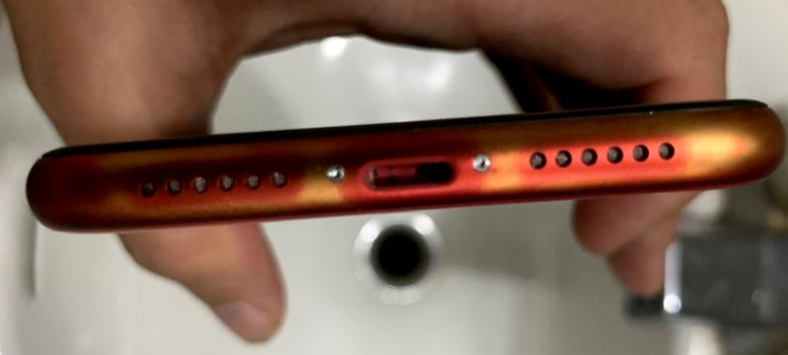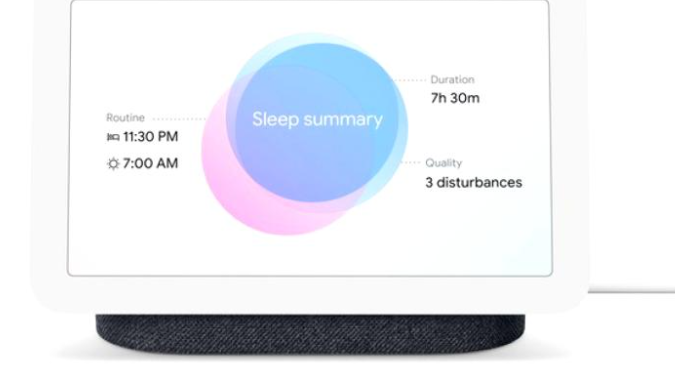
We like to surf the internet and keep up to date with technology, but sometimes we forget that the internet is a free service. We benefit from this service by paying insignificant amounts to internet service providers to have access to their cable connection. There is no centralized authority or website, but it is largely controlled by giant telecommunications companies, internet companies and state authorities.
These ISPs use Internet Protocol (IP) addresses to manage which domain name entered by the user will be directed to which website. They are also used to record actions taken on the web and to match address and contact information. This is necessary to prevent or detect illegal actions or harmful behavior of users when required. IP addresses are therefore an identity card that shows your presence on the internet.
However, even if there are certain well-configured technologies, hiding the IP address becomes possible. Suppose you should now understand why anonymity matters. As long as your IP address is visible to your ISP, it means that the actions you take on the web are tracked, monitored, and stored.
Why is it necessary to hide the IP address?
Technically speaking, the use of these records of user data is harmless if they are only seen if there is a real suspicious situation. But this information can be compromised by sharing it with others. These people can be state officials, law enforcement, but also private internet companies that make money from analyzing the behavior of internet users.
How to protect your anonymity on the internet?
I said above that certain technologies allow hiding IP addresses, thus ensuring confidentiality. These are called virtual private networks (VPNs). This technology creates virtual network tunnels for each user that cannot be discovered by other users on the Internet. It works as an encrypted network channel that hides your ID, thus providing a high level of personal data protection and added privacy.
When you establish an encrypted connection with a VPN, your information. are secure and protected from malicious people who would like to view them or from your internet service provider, who has access to your information. So now you can search the internet anonymously. Changing the IP address is a quick task and can be done easily after choosing the right VPN provider. To test such a service, you can try this VPN for a trial period. Not all VPNs are equally compatible and not all have the same quality or performance. You must select the correct VPN to ensure complete anonymity and confidentiality. The advantage of using a VPN service, in contrast to other IP hiding applications or web proxies on the market, is that it allows customers to access all sites and applications privately.
What is the best VPN service?
A VPN service provider that takes the anonymity and confidentiality of its consumers seriously should apply the no-registration policy or, in other words, no record-keeping policy. To choose the best VPN for your needs, a practical and effective way may be the use of free trial periods of several known VPNs. Many VPN providers may restrict VPN features during free trials, but you can test those that have free trials for pro versions. This way, you can check their performance, speed, compatibility with your devices, and their privacy policy.
Real private networks (VPNs) are becoming more and more important: they protect your online privacy, making it impossible for bad actors to intercept data, preventing sites from knowing where you are, and making sure no one can detect you when you use a public wifi network. In conclusion, Whether you’re a businessman or just want to watch Netflix when you’re on vacation, a VPN can be a really useful tool, and today using one is as simple as installing an app.





